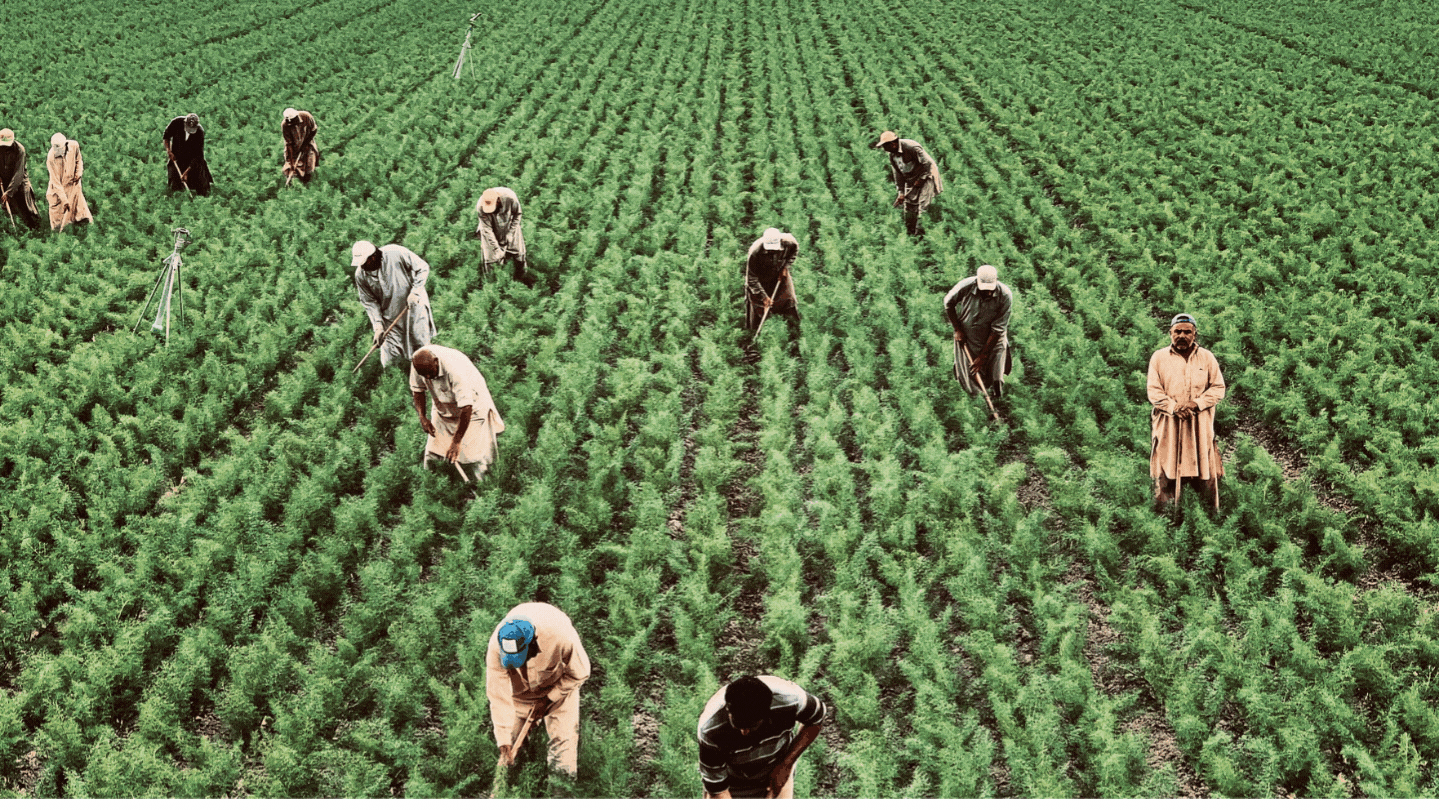CREATING SUSTAINABLE AND LIVABLE COMMUNITIES IN HAITI
13Mar
With more than 90 percent of the population at risk, Haiti is highly vulnerable to natural disasters. Usually, after each natural disaster, non-cyclone-resistant houses and non-cyclone-resistant animal shelters are rebuilt, the fragile agriculture reorganized, and the livestock repopulated. Repeated cyclone after cyclone, this devastating pattern is simply at the antipodes of building up a sustainable society.
Haiti needs to reverse this trend and build instead a more sustainable society. The country needs to take measures it has never taken before. Unemployment is chornically high and most workers are discouraged to look for employjment. The country can benefit from using the unused labour hours of the unemployed and channel this energy to carrying common-interest work in the community where they reside while they receive relevant training to prepare them to enter the labour market.
These labour hours can be used in community projects aming at:
Protecting individuals and families against the natural elements
Building houses and animal shelters that are resistant to earthquakes and category-five cyclones
Cleaning and protecting stormwater basins for flood prevention
Planting trees to protect stormwater basins and reducing wind strength around houses
Making clean water available for farming and household use
Increasing the area of cultivated land, livestock farming, fishery and aquaculture
Removing garbage in cities and neighborhoods
Improving home sanitation and hygiene
Raising and broadening the skills level of the unemployed

Learn more at Reciprocitas
Comments